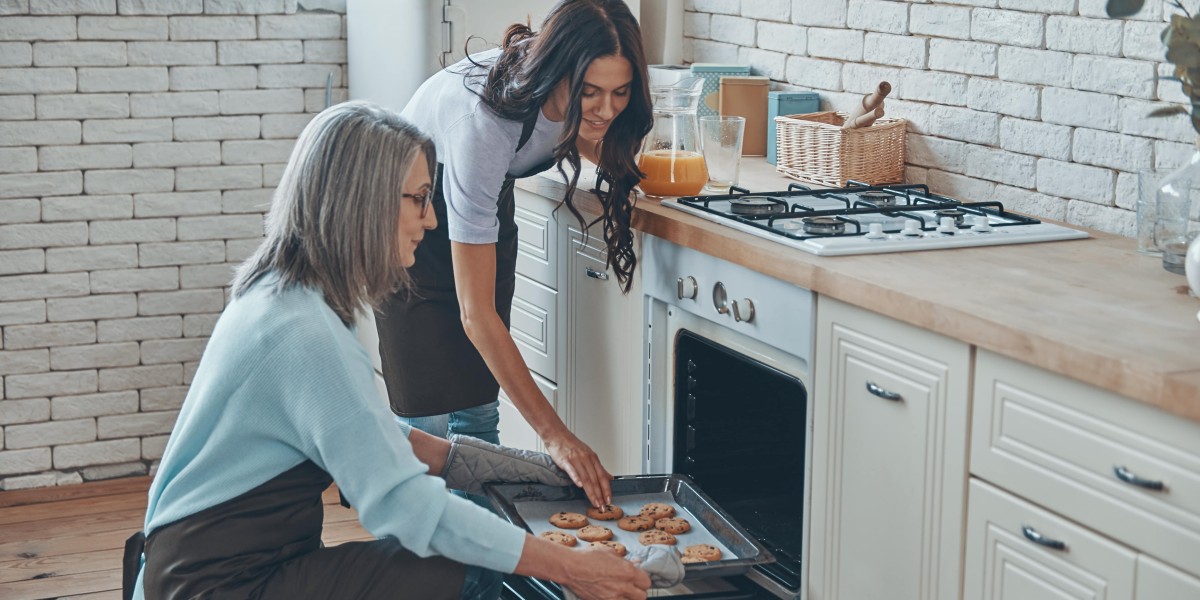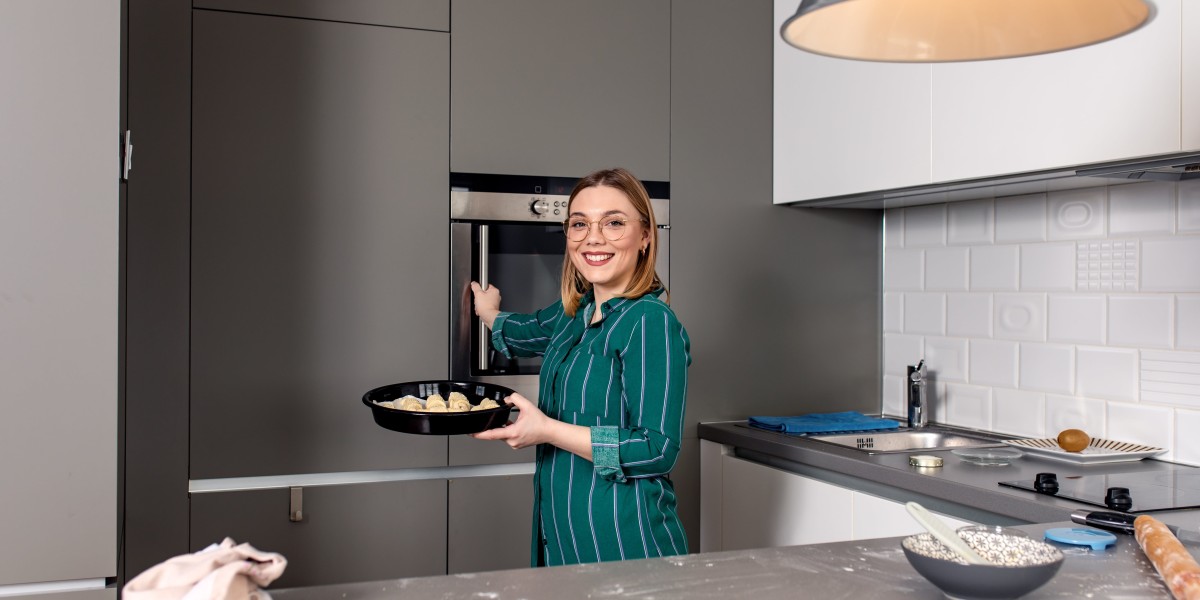The Integrated Cooker: A Comprehensive Guide to Modern Cooking Solutions
The advancement of kitchen appliances has reinvented cooking and cooking strategies, making meal preparation more efficient and satisfying. Among these developments, the integrated cooker sticks out as a versatile and space-saving addition to modern kitchen areas. This short article dives into the various elements of integrated cookers, including types, benefits, features, and a comparison with traditional cooking techniques.
What is an Integrated Cooker?
An integrated cooker is a compact cooking appliance that integrates numerous cooking functions into one unit. Frequently built into kitchen cabinetry, these cookers are developed to save space while enhancing kitchen visual appeals. They typically integrate a range of functionalities, such as baking, barbecuing, steaming, and even pressure cooking.

Key Features of Integrated Cookers
- Multi-Functionality: Integrated cookers can perform different cooking jobs, removing the need for several appliances.
- Space-Saving Design: These cookers fit perfectly into kitchen units, making them ideal for modern-day homes with minimal space.
- Advanced Technology: Many integrated cookers come equipped with wise technology, such as programmable settings, touch-screen controls, and connectivity choices.
- Energy Efficiency: Built with modern products and style, they typically take in less energy compared to standard cooking techniques.
Kinds Of Integrated Cookers
The market uses various kinds of integrated cookers, each with its distinct set of functions and performances. Here are the most typical types:
| Type | Description | Example Use |
|---|---|---|
| Built-in Ovens | Ovens that are fitted into wall systems or kitchen cabinetry | Baking bread, roasting meats |
| Induction Hobs | Cooktops that utilize electro-magnetic energy to heat pots and pans | Rapidly boiling water, sautéing |
| Steam Ovens | Appliances that cook food using steam for much healthier outcomes | Steaming vegetables, fish |
| Microwave Ovens | Integrated microwaves for fast heating and cooking | Reheating leftovers, making popcorn |
| Mix Ovens | A mix of traditional and steam cooking technologies | Baking while guaranteeing moisture retention |
Benefits of Using Integrated Cookers
Integrated cookers supply a host of advantages over traditional cooking tools. Below are a few of the crucial benefits:
- Space Efficiency: Ideal for compact kitchens, integrated cookers utilize vertical areas effectively.
- Structured Cooking Process: With multiple functions offered, users can transition from one cooking method to another with minimal effort.
- Improved Aesthetics: Many integrated cookers been available in smooth styles that blend well with modern-day kitchen decoration.
- Enhanced Cooking Control: Programmable features permit for accurate cooking, ensuring better meal results.
Integrated Cookers vs. Traditional Cooking Appliances
When considering meal preparation options, it is necessary to weigh the benefits of integrated cookers against conventional cooking appliances. Below is a contrast chart:
| Feature | Integrated Cooker | Standard Appliances |
|---|---|---|
| Area Efficiency | High | Lower |
| Multi-Functionality | Yes | No (requires numerous appliances) |
| Energy Consumption | Typically lower | Can be higher |
| Cooking Speed | Faster (especially with induction) | Varies |
| Design | Modern and sleek | Differs widely |
The integrated cooker is a forward-thinking home appliance that meets the demands of today's busy lifestyle. Its multiplicity of functions, space-saving style, and streamlined looks make it a worthwhile investment for any modern-day kitchen.
For those looking to conserve time, area, and effort in meal preparation, integrated cookers provide an exceptional service that improves the cooking experience while delivering tasty, well-prepared meals.
Regularly Asked Questions (FAQs)
1. What is the average price of an integrated cooker?
The cost of integrated cookers can differ commonly, typically ranging from ₤ 500 to ₤ 3,000 depending on functions, brand, and size.
2. Just how much upkeep do integrated cookers require?
Maintenance typically consists of routine cleaning of surface areas and looking for any software application updates if they feature wise technology. It's recommended to follow the manufacturer's standards.
3. Can I replace my existing oven with an integrated cooker?
Yes, integrated cookers can typically replace traditional ovens, however it is important to consult with an expert to guarantee compatibility with your kitchen design.
4. Are integrated cookers challenging to install?
Setup can be straightforward for those with DIY experience. However, employing a qualified professional is recommended to ensure correct setup.
5. Who benefits most from utilizing an integrated cooker?
Households, time-pressed people, and those residing in compact apartments particularly take advantage of the multi-functionality and space-saving style of integrated cookers.
In this age of convenience and effectiveness, integrated cookers are redefining how we approach food preparation. Whether you are a skilled chef or a cooking novice, incorporating this effective device into your kitchen can substantially improve your culinary experience.








